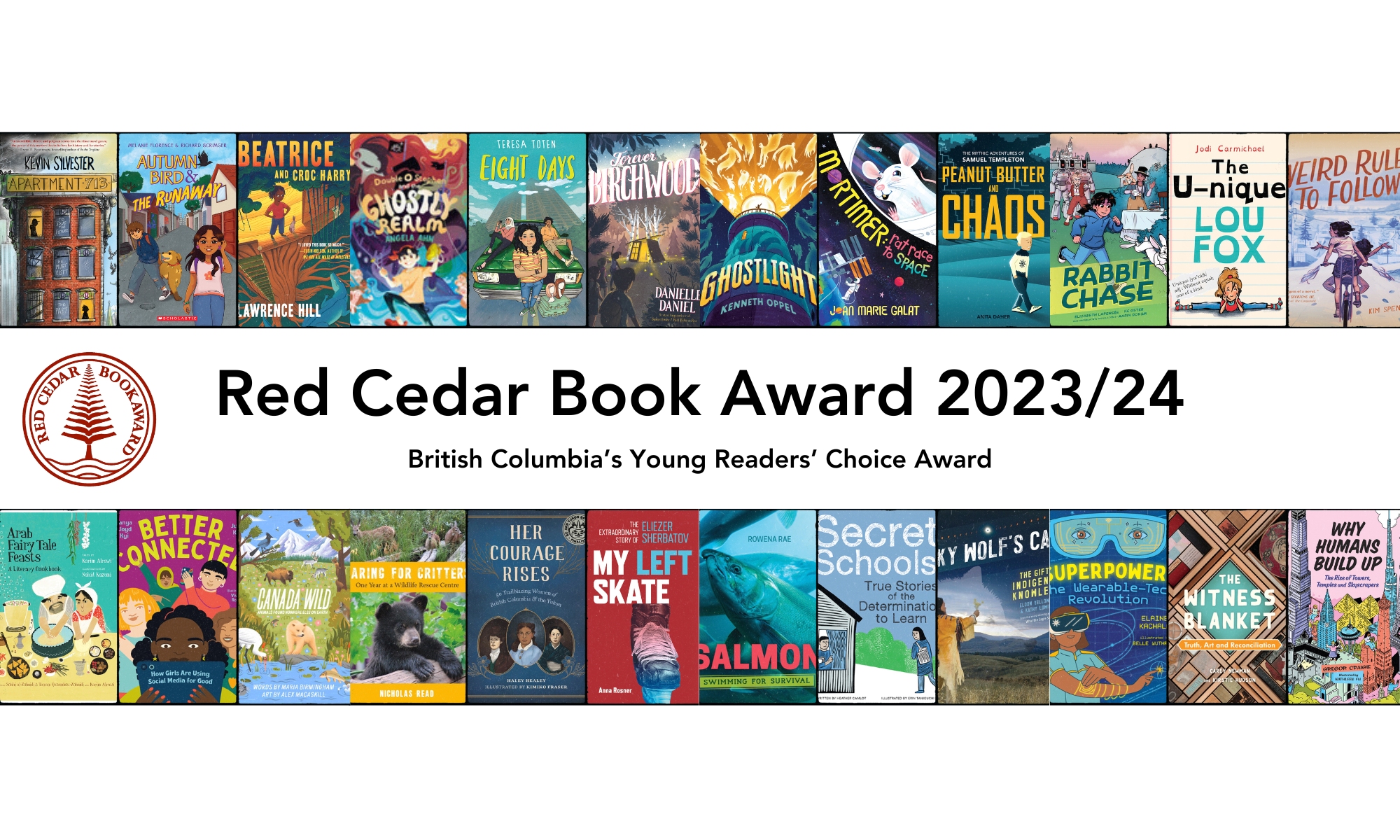 Where did you get your idea to write about a boy in the Middle Ages? [Note: It’s actually the Age of Exploration—Middle Ages ends in the 15th century]
Where did you get your idea to write about a boy in the Middle Ages? [Note: It’s actually the Age of Exploration—Middle Ages ends in the 15th century]
From my research. I chose 1660s London specifically because it was such a rich time of plots, conspiracies, and secrets, as enemies struggled against each other for power. Basically, it was too good a time to pass up!
 How did you do your research to find out what life was like in the Middle Ages in general, and for apothecaries and The Plague specifically? [sic]
How did you do your research to find out what life was like in the Middle Ages in general, and for apothecaries and The Plague specifically? [sic]
A lot of time in and out of libraries. I read many, many different books, drawing as much as I could from them. Fortunately, we have a lot of good first-hand accounts from that time, especially of the plague (the best of which is A Journal of the Plague Year by Daniel Defoe). I always find doing research valuable; the details really help bring the books to life.
Did you always want to be a writer? Is it a full-time job for you?
Writing is my full-time job, yes. But I had no interest in it when I was young—if you’d have told me back then that I’d grow up to be a writer, I’d have thought you’d lost your mind! Just goes to show you never know where you’ll end up.
What does a “writing day’ look like for you?
Get up early (around 5 am). Work all morning: either reading, or doing research, or plotting, or writing. If I’m writing, then I usually have a word or page count, and I don’t stop until I’ve reached it. I’m usually finished work around lunchtime, or early afternoon.
How long does it take for you to write a book?
Every book is different. So far, the shortest took me five months, while the longest took just over a year. I have no idea why some take longer; for whatever reason, some books are harder to write than others.
Do you enjoy writing? Did you like to do it as a child? Were you good at it?
Depends on the day! When I’m stuck on something, it can be pretty frustrating. But overall, I think writing is the best job in the world.
I was pretty good at it as a child, but back then I hated doing it. Maybe that’s because I had to, rather than wanting to.
What was your favorite book to read as a child?
Probably the Belgariad series by David Eddings. Though there were many, many books—mostly fantasy—that I loved.
Did you read a lot as a child? What do you like better, reading or writing? Why?
I read every single day when I was a child, often for hours—and I still do! I still like reading better than writing…but I have to admit, nothing in the world beats that feeling of satisfaction when you finally finish writing a book.
What advice can you give us to become writers?
First, always be reading. Seeing what makes other writers effective are the best writing lessons you’ll ever get.
Second, always be writing. Just like you can’t learn to ride a bike by watching someone, you can’t learn to write just by reading. It takes years and years of practice. (So start now!)
Third, don’t get discouraged. We all write things that don’t go anywhere. I had to write three whole manuscripts, none very good, until I wrote The Blackthorn Key. In writing, you never really fail until you quit.
How many books do you have planned in this series?
As many as I can think of! As long as people want to keep reading them, and I can come up with good ideas, I’ll keep writing them. So hopefully you’ll see Blackthorn Key adventures for years to come!
-Linda Groot, Elementary Teacher-Librarian, and students from Abbotsford Christian School

 SSE: What gave you the idea to write this book?
SSE: What gave you the idea to write this book?